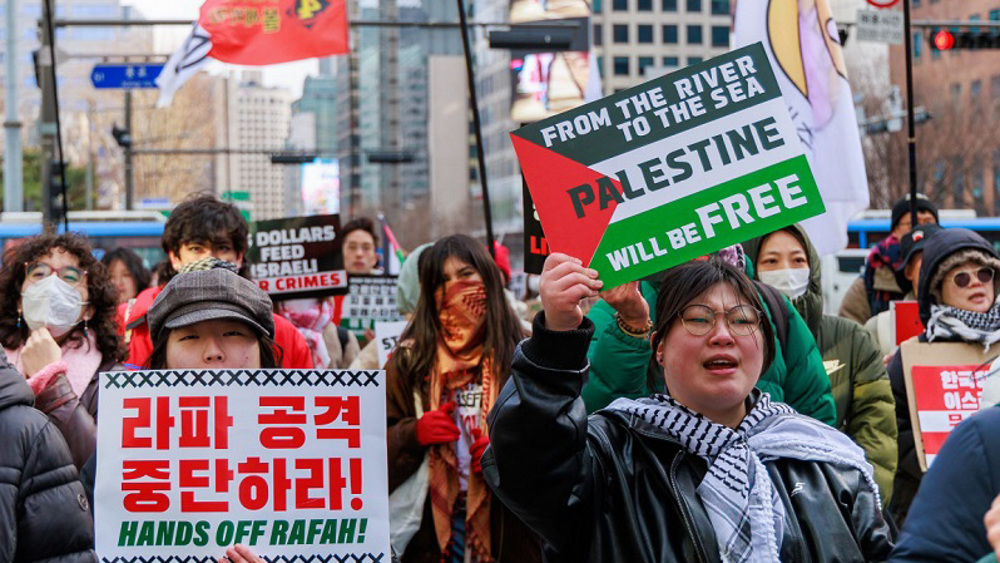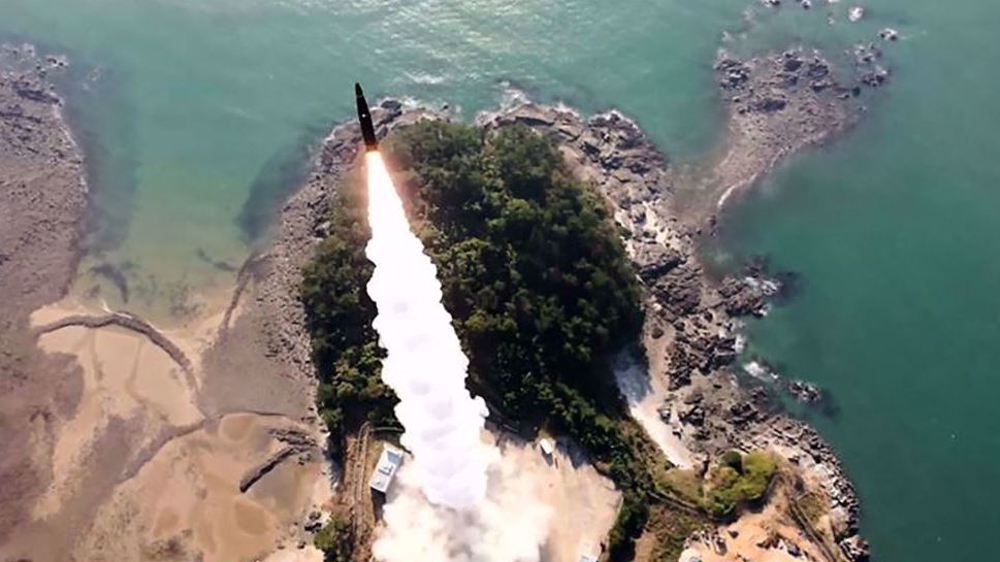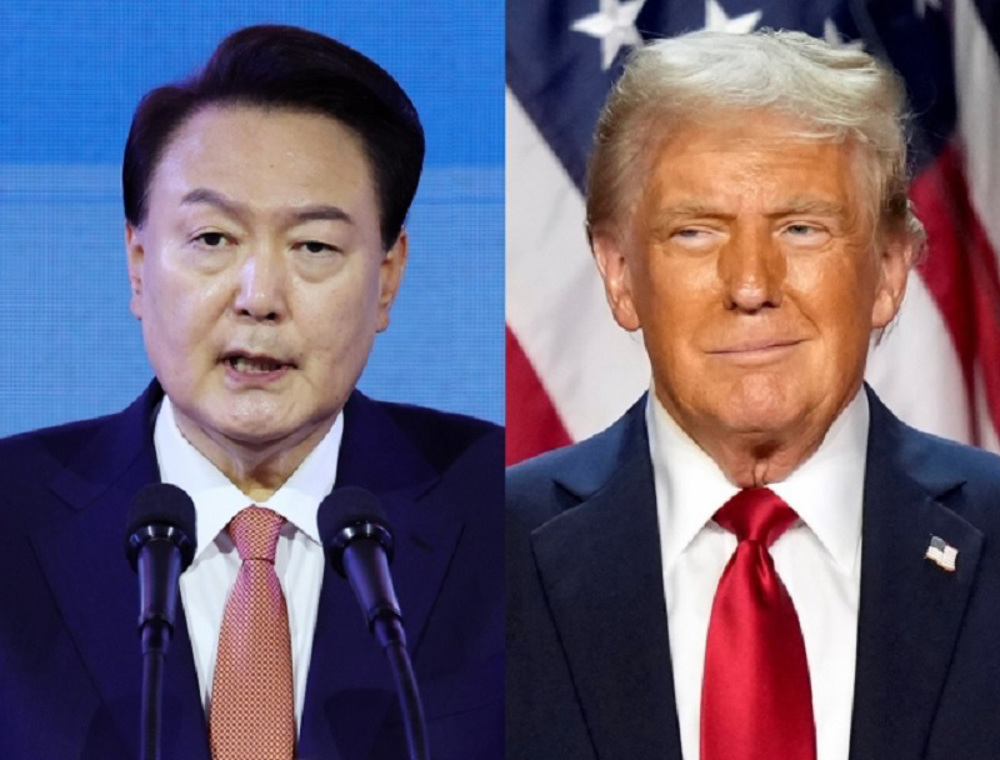South Korean president loses ruling party support
The ruling party in South Korea has taken a unanimous approach to call on embattled President Park Geun-hye to resign in April next year over an influence peddling scandal.
The ruling Saenuri Party withdrew support for the president on Thursday, two days after the South Korean president expressed willingness to resign and asked the parliament to arrange a “safe” way for her to step down. The opposition had rejected that offer.
The ruling conservative party gave Park a week to accept its ultimatum or risk impeachment.
Her opponents in the parliament, mainly opposition lawmakers, did not hold the required number of seats to launch impeachment. With the ruling party’s Thursday threat, they would not have to worry about the threshold for impeachment anymore. Members of the ruling party had so far been divided on the prospect of an impeachment.
The Saenuri Party’s 128 lawmakers also called for a presidential election to be held in June next year, six months earlier than scheduled.
“All the lawmakers of the party unanimously approved this timetable,” said Chung Jin-suk, the South Korean parliamentary floor leader.
The party considered the timetable the most appropriate to ensure a peaceful transfer of power, maintain stability, and give political parties time to prepare for the presidential election, according to Chung.
Park, whose presidency has been rocked by scandalous revelations of influence peddling and a subsequent investigation, on Tuesday offered to step down amid an increasingly tough challenge to her rule.
The South Korean leader has faced massive street protests in recent weeks amid claims that a confidante, Choi Soon-sil, exercised undue influence over the government from the shadows.

Prosecutors named Park, who has immunity from prosecution while in office, as an accomplice in the case but she has denied the accusations.
Park has apologized for the influence-peddling scandal. Her approval rating has plunged to a record low for a sitting president.
If she resigns, a scenario most likely after the withdrawal of ruling party support, Park will become the first South Korean president to step down since the current democratic system was implemented in 1987.
Whether she resigns or is impeached, a presidential election must be held within the following 60 days, with the prime minister leading the country in the interim.
VIDEO | Press TV's News Headlines
Iran reports 11% drop in domestic red meat supply
Arab League affirms support for Iraq amid Israel's threats of military action
VIDEO | Fierce fight in Southern Lebanon
Over 1000 medics killed in Gaza as Israel systematically targets hospitals
Iran’s steel output down 1.9% y/y in October to 3 mln mt: Worldsteel
Islamabad in lockdown as Imran Khan supporters march for his release
VIDEO | Russia's new hypersonic missiles target Ukraine










 This makes it easy to access the Press TV website
This makes it easy to access the Press TV website